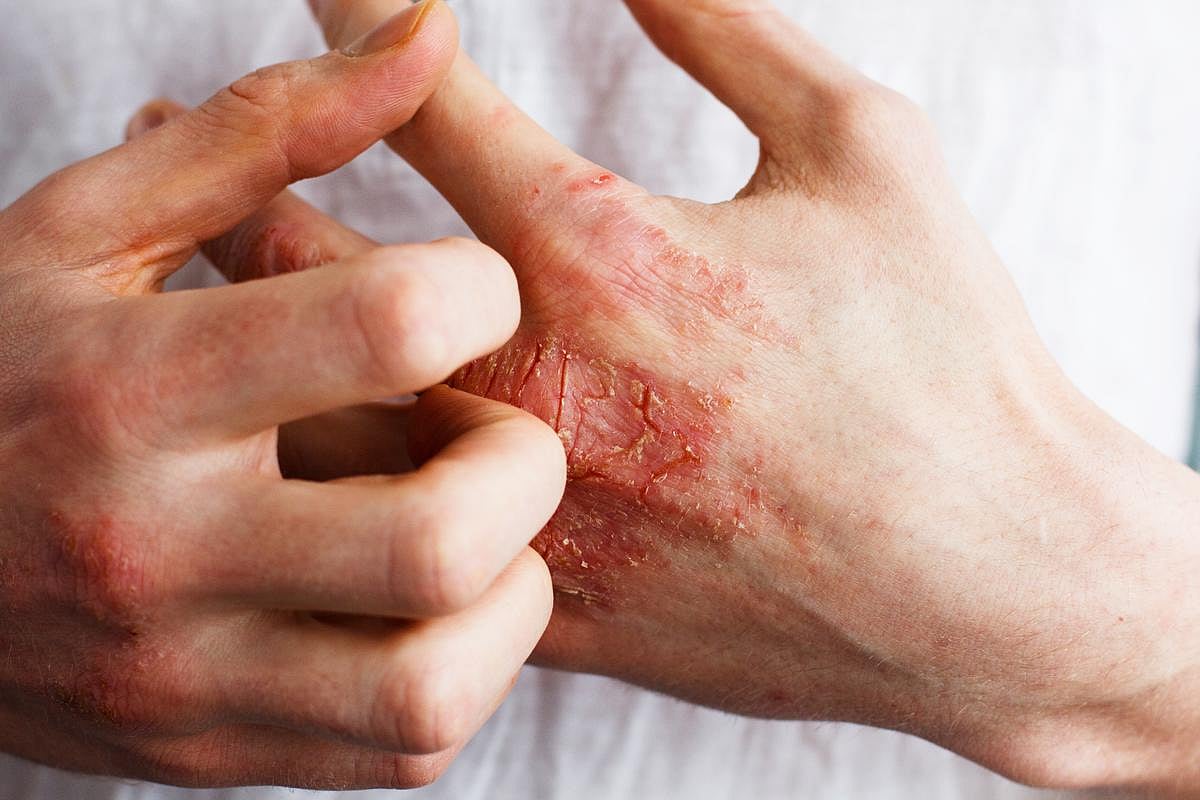
Eczema sufferers could soon find it easier to track their skin condition, via a newly developed AI that can assess severity using uploaded smartphone images. The AI demonstrated high diagnostic accuracy in evaluating eczema shown in symptom photos uploaded by patients using their smartphone cameras, researchers reported May 19 in the journal Allergy. “Many patients… read on > read on >


















